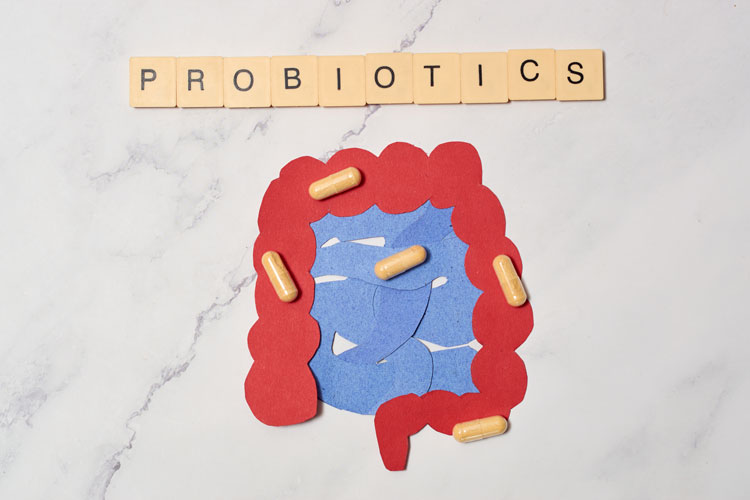Are There Any Side Effects of PRP?
What are the Potential Side Effects or Risks Associated with PRP Injections?
PRP injections may cause temporary side effects such as swelling, redness, bruising, soreness, or mild headaches, especially at the injection site. Serious risks like infection or autoimmune reactions are rare and minimized when the treatment is performed by a qualified medical provider.
Exploring the Benefits and Potential Risks of Platelet-Rich Plasma Therapy

Platelet-rich plasma (PRP) injections have revolutionized regenerative medicine, offering a natural, minimally invasive treatment option for issues ranging from joint pain to hair loss. PRP is renowned for its ability to enhance tissue repair, stimulate hair growth, and speed recovery from injuries. However, if you’re considering receiving PRP injections, understanding the potential side effects is essential to make an informed decision. At Tucson Wellness MD, we’re committed to helping you achieve optimal results with complete transparency.
What Are Platelet-Rich Plasma (PRP) Injections?
Platelet-rich plasma injections involve extracting a small amount of your blood, separating the platelets and growth factors through centrifugation, and injecting this concentrated plasma into the target area. These growth factors stimulate cell repair, improve blood vessel formation, and boost healing, making PRP an effective solution for conditions like hair loss, joint issues, and skin rejuvenation.
Because PRP is derived from your own blood, the risks of allergic reactions or rejection are very low. However, like any medical treatment, some side effects may occur.
Common Side Effects of PRP Injections
Injection Site Reactions
Swelling, redness, or bruising at the injection site is common but temporary. These effects result from your body’s natural inflammatory response and typically resolve within a few days.
Mild Pain or Discomfort
You may experience soreness or minor discomfort at the injection site, particularly in sensitive areas like the scalp during treatments for hair loss or hair growth. Pain is usually minimal and can be managed with ice packs or over-the-counter pain relievers.
Skin Sensitivity
In some cases, patients report sensitivity or warmth in the treated area due to the PRP’s activation of growth factors and tissue repair mechanisms. This typically subsides within 48 to 72 hours.
Headaches in Scalp Treatments
When PRP is used for hair growth, some patients experience temporary headaches as a side effect of injections in the scalp. These headaches are rare and often relieved with proper hydration and rest.
Rare and Serious Side Effects
While rare, some individuals may encounter less common complications, such as:
Infection
Although the risk is low, any procedure involving injections carries a slight chance of infection. Choosing an experienced healthcare provider who follows strict sterilization protocols greatly reduces this risk.
Autoimmune Reactions
For patients with autoimmune diseases, it’s essential to consult with a healthcare provider to assess whether PRP injections are a safe and suitable option.
Tips for Minimizing Risks
- Choose an Experienced Healthcare Provider: Expertise in administering PRP injections ensures precision, reducing the risk of side effects.
- Maintain a Healthy Diet: A nutrient-rich diet supports the overall healing process and maximizes the effectiveness of PRP therapy.
- Follow Pre- and Post-Treatment Instructions: Avoid strenuous activity after receiving PRP injections, and follow your provider’s advice for optimal outcomes.

Who Should Approach PRP Therapy with Caution?
PRP may not be suitable for everyone. Individuals with blood disorders, active infections, or specific autoimmune diseases should discuss alternatives with their healthcare provider. Similarly, pregnant women or those with uncontrolled medical conditions should exercise caution before undergoing regenerative medicine procedures.
Why PRP is Worth Considering
Despite the potential for mild side effects, the benefits of platelet-rich plasma injections often outweigh the risks. From stimulating hair growth to promoting tissue repair for injuries, PRP offers a powerful, natural way to enhance healing. With proper guidance and care, most patients experience remarkable outcomes with minimal downtime.
Effective PRP Treatment with Tucson Wellness MD

Platelet-rich plasma injections are a cornerstone of regenerative medicine, offering solutions for hair loss, skin rejuvenation, and more. While the procedure is considered safe and effective, understanding potential side effects and choosing a qualified healthcare provider is crucial for success.
Ready to explore how PRP therapy can support your health and wellness goals? Schedule a consultation with Tucson Wellness MD today! Get started with a visit to our website.









